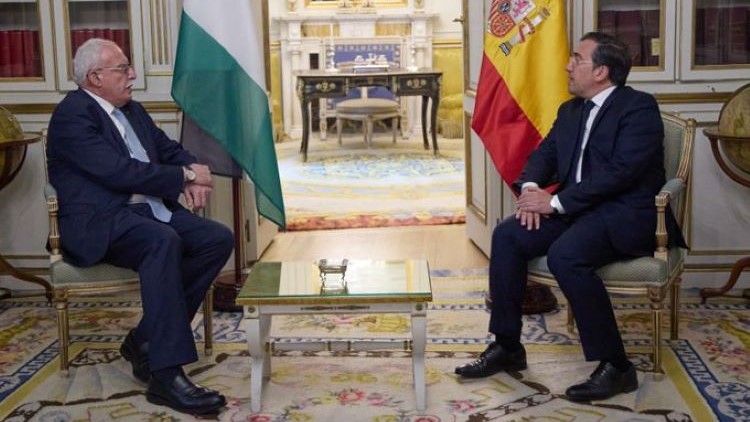The Diplomat
The Special Committee on Foreign Interference of the European Parliament yesterday approved a report by a large majority that “notes the seriousness of the events in Catalonia during the ‘procés’, the destabilizing purpose of Russia, attacking the constitutional stability of a Member State, and the collusion of the Catalan pro-independence parties,” as explained by PP MEP Javier Zarzalejos.
The report expresses “concern about Russia’s connections with several EU political parties and politicians and its extensive interference in secessionist movements in European territories and the EU, including in Catalonia, where it urges the competent authorities to carry out a thorough investigation to fully clarify what happened and asks the European Centre of Excellence for Combating Hybrid Threats in Helsinki to carry out a study on this particular case.”
Zarzalejos, who is vice-president of the Commission, has stressed “the importance of the European Parliament accrediting the connection between Russia and the Catalan secessionist movement and asking the competent authorities to carry out an exhaustive investigation that will allow the full clarification of what happened”.
The PP MEP insists on the importance of the EU to strengthen its capabilities to detect, expose and combat disinformation and foreign interference strategies: “Russia’s interference in Catalonia is the perfect case study, and to counter this type of hybrid threats we need to increase our knowledge of these actions”. For Zarzalejos “the massive disinformation that Russia has applied in Catalonia has been real, as well as the effort of Russian media to viralize contents and the contacts and meetings between the agents responsible for the Russian interference and the independentism”.
“The Kremlin took on that support for secessionism is a useful tool in its strategy to promote internal destabilization and disunity in the European Union, with the aim of intensifying polarization in society, undermining trust between citizens and public authorities and weakening democratic processes in target countries.”
That report noted that “the findings of close and regular contacts between Russian officials and representatives of a group of Catalan secessionists in Spain require in-depth investigation and are part of Russia’s broader strategy to seize any and every opportunity to manipulate discourse to promote destabilization.”







